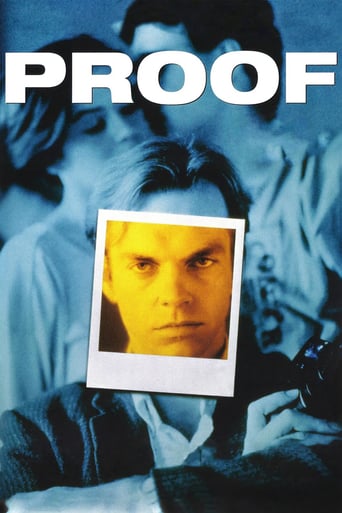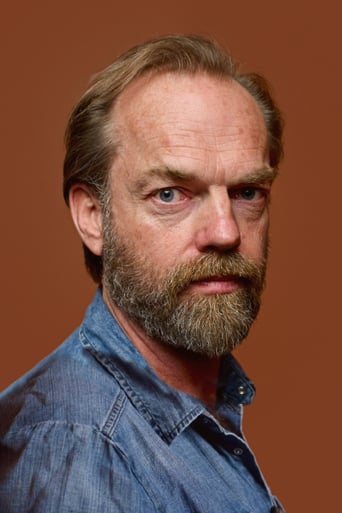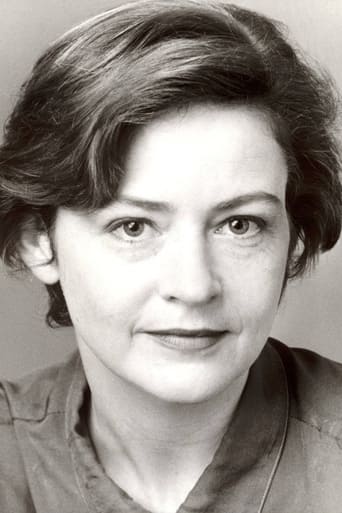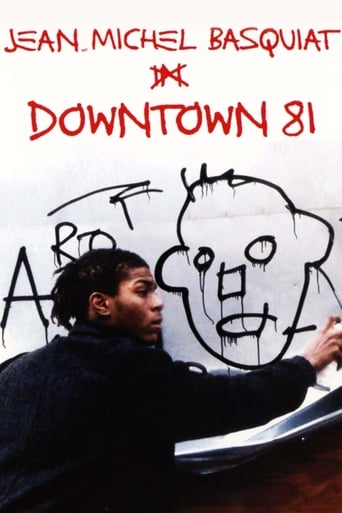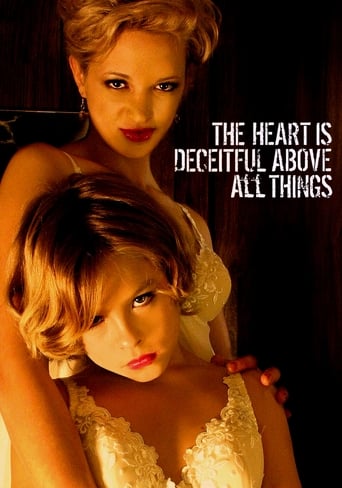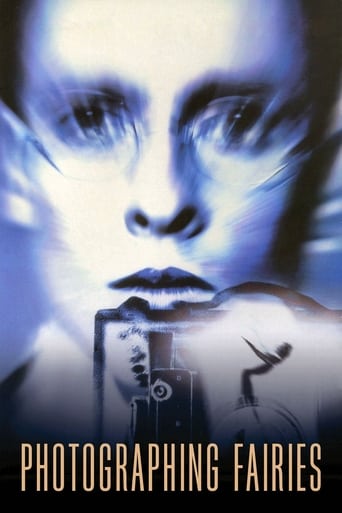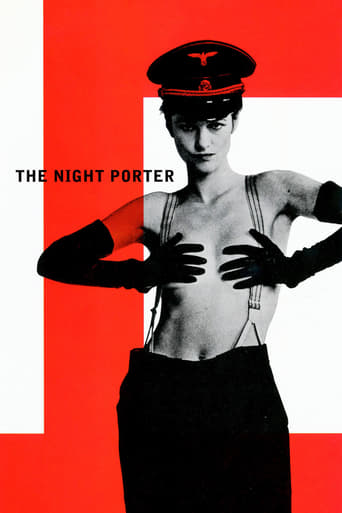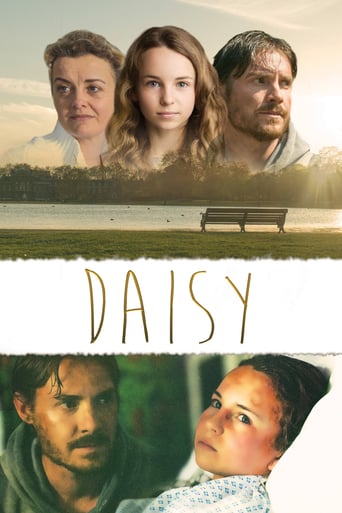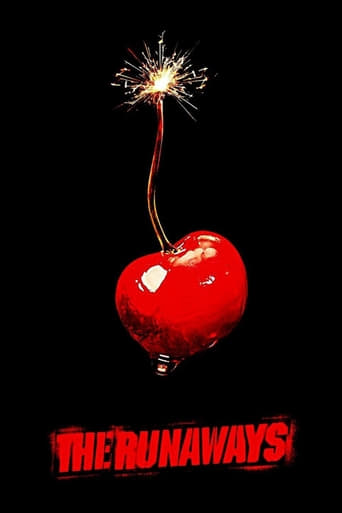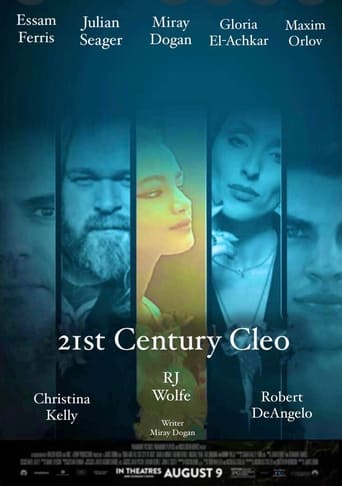Proof (1992)
Martin, a young blind photographer, is divided between his friendship with restaurant worker Andy and the exclusive love that Celia—who is terribly jealous of this new friendship—has for him.
Watch Trailer
Cast


Similar titles
Reviews
I like the storyline of this show,it attract me so much
Strong and Moving!
Excellent, Without a doubt!!
A great movie, one of the best of this year. There was a bit of confusion at one point in the plot, but nothing serious.
Blind people are normal people like you, me and everybody else. They do not need any kind of extra sympathy which falls in the purview of a politically correct standpoint. It is with some of these key pieces of essential information about visually impaired people that Australian director Jocelyn Moorhouse has managed to create a highly original screenplay which succeeds in revealing inner secrets and hidden motives of visually challenged persons. This is something which Martin discovers when he comes into contact with his caretaker Celia. Their relationship gives birth to a new perspective about the oppressor and the oppressed which is exacerbated to a large extent with the sudden arrival of a shady character named Andy. It is said that the betrayal of trust is not a laughing matter. This is something which is responsible for shattering the lives of all protagonists. Ms. Moorhouse has been able to direct a film which has something for everybody. It includes serious entertainment for audiences and some food for thought for film critics. The world of blind people in "Proof" is seen through Martin whose mannerisms convey an important message that blind people have a clear understanding of self esteem. The idea of doing photography through the eyes of a blind person is one of the key highlights of this highly inventive screenplay.
I just saw it and I'm so impressed with this movie. It's mostly a drama with some funny scenes (I literally laughed out loud at one scene particularly which i'm not going to spoil of course but you'll know it as you see it) about a blind man who takes photos (ironic isn't it?) and his relationship with his housekeeper and his new friend. As Russell Crowe one of my favorite actors I can't believe I haven't checked it out earlier, and he sure does a great supporting role but Hugo Weaving takes the prize for leading role in this movie. My only problem with this movie is that I thought it was too short, but like it is an independent film and all I give it a 9/10, watch whenever you can.
The success of Proof is in its superior acting and to a lesser degree its characterizations. But its shape and outcome are weakened by too psychological an approach at the expense of power realities.Martin, the blind protagonist, has the most social power of the three. He's white, male, and minimally middle class. He's got a hip job as a music reviewer for which he is paid well enough to hire a housekeeper. Although he's much alone, he does have his buddy, Andy, whose everyman status mediates Martin's entry or inclusion in the masculine world ("strangulation, mutilation" Andy emotes as he leads the chorus of sadistic beeps at the drive-in), and which in toto equates to male bonding. He also has Celia, the housekeeper, who serves Martin as both wife, mother, housekeeper, secretary, conversationalist, and love/sex interest (interest only, of course) without even minimal commitment on his part. To boot Martin is the central character, whose life Celia and Andy must revolve around. His problem, engrained distrust, especially of women, is the pivotal focus in the world of this film, which is his world.In contrast, Celia has at best minimal social power. Her sex object status only underscores this fact. For as provocative, fashionable (she looks like the stylish editor of some New York art journal) and sophisticated as she may be, she is ultimately treated no better than Ugly, the cat. She too is alone, motherless and fatherless, but her lack of friends is more real than imagined, and her gender affiliation, if it exists at all, is not empowering. Nor does her job, despite her mastery of it, engage her publicly. She may be an audacious woman who knows her own thoughts and feelings, but these just seem to be forms of self-betrayal. For Martin, her boss, is both condescending and perverse. To him she's a bag, a woman with "no heart," "a vile" despicable woman, which in turn makes Celia compare herself to "a bitch in heat." (She knows men's minds) Seduction and her vengeful game playing are her only forms of leverage--and identity. Satin blouses and snapping photos of her master on the john are poor replacements for the love and world she wants (though, she settles for just being needed). And she is more deeply sex-bound in having to toss her body over to Andy--her only rival for Martin's love-- who she also serves as an older woman sex fantasy.So, how is it that Martin benefits from the film's psychological framework. For one, it makes him conveniently unaware of Celia's problems. Self-criticism is beyond him because he's self-preoccupied. It is no coincidence that he's a photographer, the spy, in control, of his immediate world and those in it. The way he may or can affect those around him are at best secondary--there are no recognizable oppressors in his world, only victims, of which he is one, and Celia is not. The fact that the solution for his distrust and phobias is finally grasping that his mother was no lier, does not benefit Celia, the second woman in his life. No, it is simple, honest Andy, also enmeshed in the psychological view, who is both the catalyst and beneficiary of Martin's faith. Celia is removed from the ending and sacked from her job because she exists in a framework that denies her gender, her oppression, and her political reality. In other words, male bonding, despite moments of transcendence from it, in the end, prevails in "Proof". Martin and Andy are the odd guys in, Celia the odd woman out--that's what psychology does to politics..
For months, my movie-going experience had been reduced to blockbusters filled with explosions and bad one-liners. Then I rented Proof, and forgot why I ever wanted to see a car blow up on a screen.This is a very simple, very down-to-earth film. It focuses on three characters - a blind man convinced that everyone will take advantage of his handicap; a lonely woman who does not realize that people cannot be blackmailed or sabotaged into falling in love; and a young, ordinary guy who is trapped between the two. Their story is primarily that of trust, but it is also about absolutes and why humanity needs to overcome them.Although there is nothing earth-shattering about the scenography itself, the film is beautifully shot. The acting is wonderful. Weaving is absolutely convincing as a blind man, and Crowe is so charmingly average and regular that it is hard to believe that this is the same person who gave Hando and Maximus their sublime intensity. There is depth, levity, refined sarcasm, and crude humor - something for everyone. I definitely - and highly - recommend watching it.

